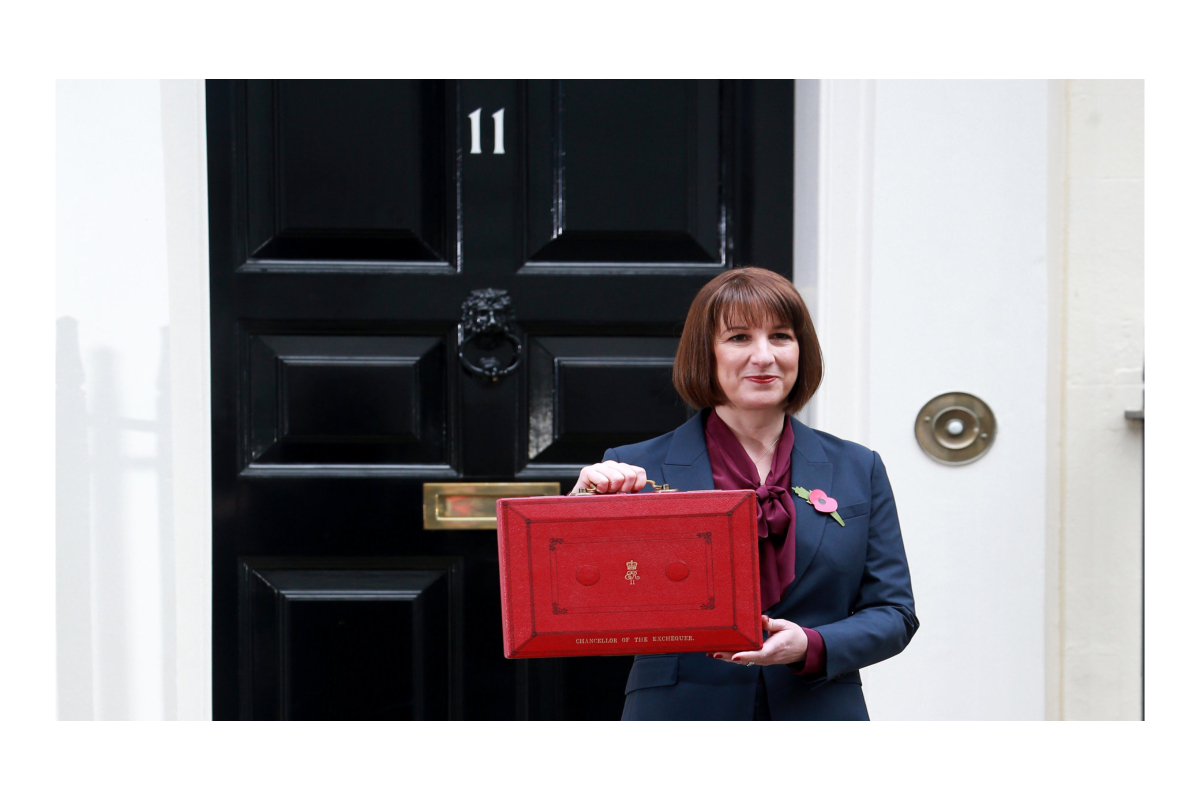Rachel Reeves Proposes VAT Threshold Changes: Implications for UK Businesses

Introduction
The VAT (Value Added Tax) threshold is a crucial topic for many businesses in the UK, especially in the wake of ongoing economic challenges. Recently, Rachel Reeves, the Shadow Chancellor, has proposed significant changes to the VAT threshold that could impact thousands of small and medium-sized enterprises (SMEs) across the country. This article examines her proposal, its implications, and the potential fallout for UK businesses.
Current VAT Threshold Overview
As of 2023, the VAT registration threshold in the UK stands at £85,000. This means businesses that earn less than this amount do not need to register for VAT, which can ease financial burdens and administrative work for smaller firms. However, the current economic climate, marked by rising inflation and fluctuating sales, is prompting a renewed debate about whether this threshold is still appropriate.
Rachel Reeves’ Proposal Explained
In a recent address, Rachel Reeves highlighted the need for an adjustment to the VAT threshold to better reflect the realities faced by smaller businesses. Her proposal includes raising the threshold to support SMEs by reducing the bureaucratic load and allowing them to reinvest funds back into their operations instead of dealing with VAT compliance costs.
Reeves argues that the current threshold has remained stagnant for too long and does not accommodate the transformative digital economy and rising costs of living. She calls for an increase in the threshold to £100,000, which would exempt a significant number of businesses from VAT registration and compliance responsibilities.
Potential Impact on Businesses
Should her proposal be accepted, it may provide a substantial relief to many SMEs. A higher VAT threshold could enable smaller businesses to grow without the immediate pressure of VAT registration. This change could also incentivise entrepreneurship by allowing more flexibility in financial planning. However, critics argue that raising the threshold may disturb market conditions and reduce government revenue from VAT.
Business leaders have responded positively to the proposal, suggesting it could stimulate growth and innovation among smaller firms. However, they also caution that it must be part of a broader economic strategy to truly benefit the business landscape.
Conclusion
As Rachel Reeves’ VAT threshold proposal continues to gain traction, the implications for UK businesses are far-reaching. A potential shift could not only ease financial burdens but also encourage entrepreneurship during uncertain economic times. Moving forward, the decision will require careful consideration from lawmakers, balancing the needs of SMEs while also ensuring public finances are not adversely affected. The coming months will be crucial in determining the future structural dynamics of the UK’s business environment.
You may also like

Understanding Adolescence: A Crucial Developmental Stage

Exploring Where New England Is Located
